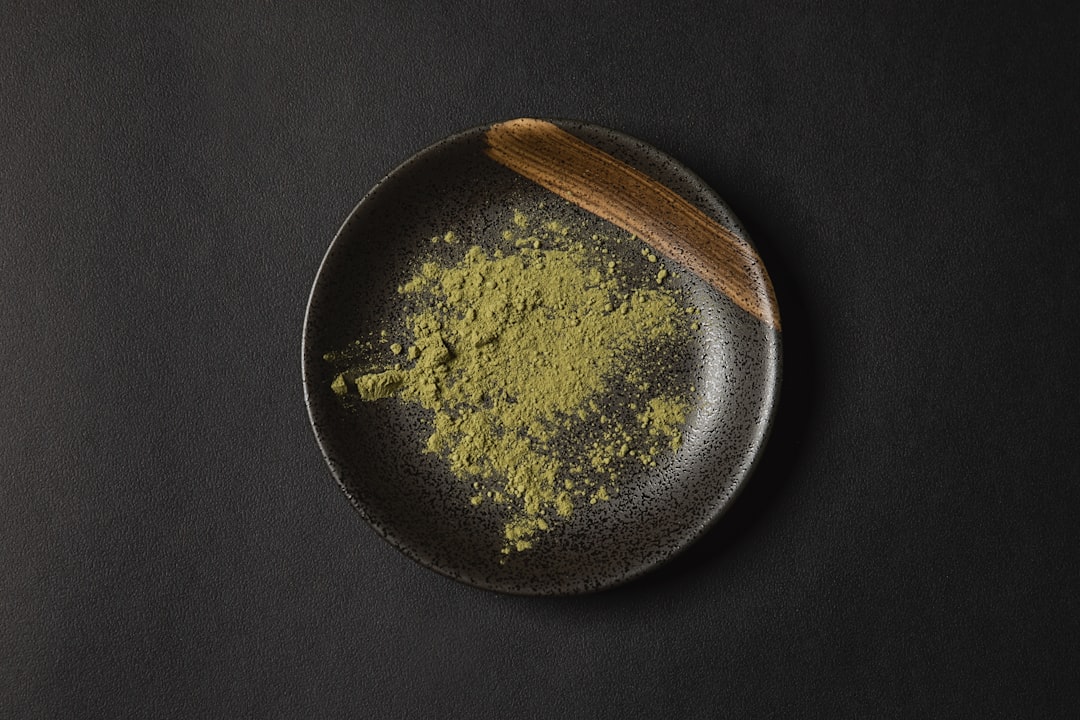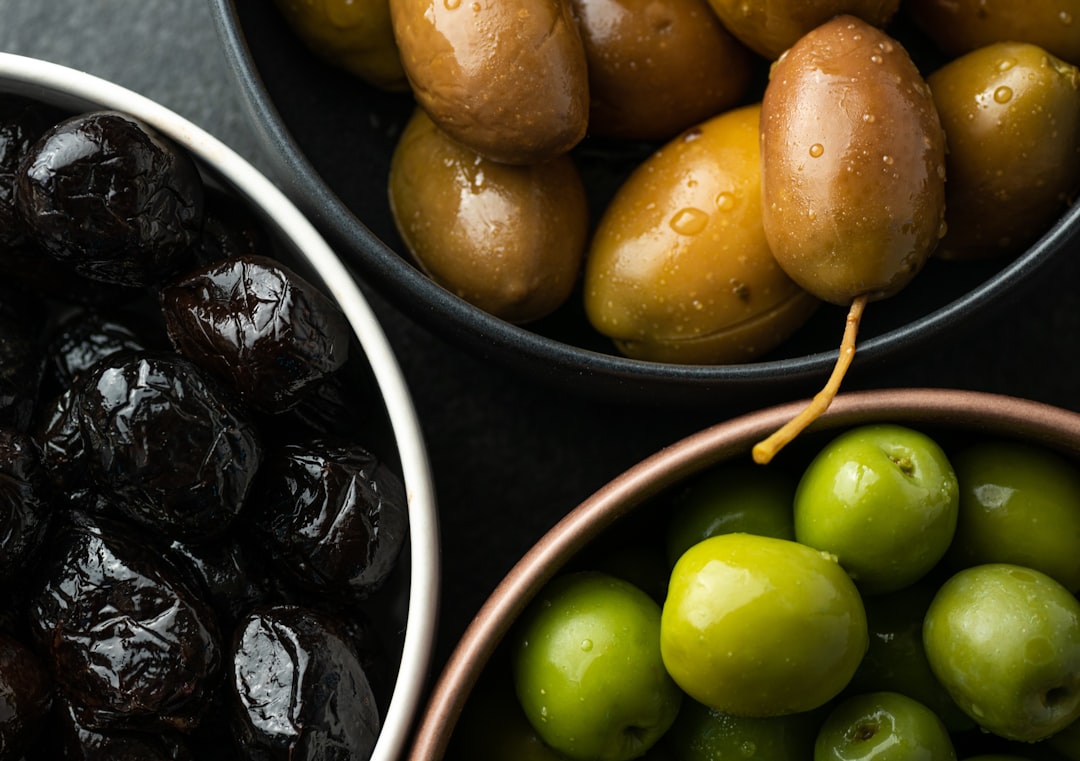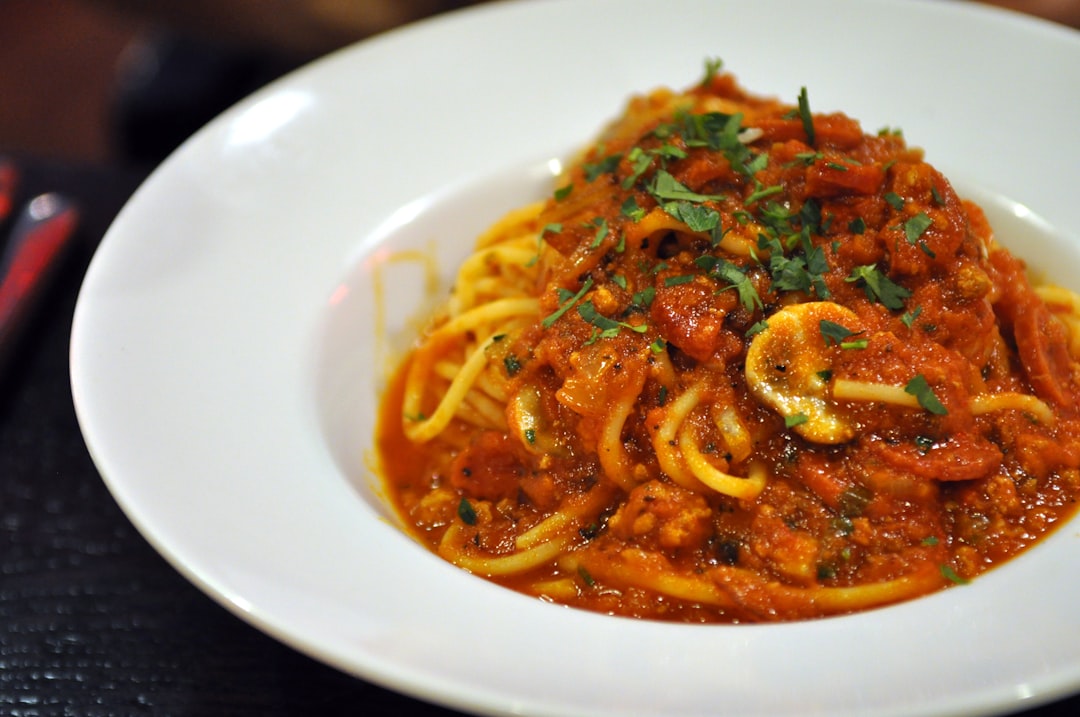
Canola, sesame, and other seed oils have recently found themselves at the center of a storm of controversy. In the realm of healthy eating, these oils are often subject to a barrage of misinformation, but nutritionists are stepping in to separate fact from fiction.
Let's start by understanding what makes these seed oils so special. Canola oil, for instance, is low in saturated fat and high in monounsaturated fats, which are known to be heart - healthy. It also contains omega - 3 fatty acids, which play a crucial role in brain function and reducing inflammation in the body. Sesame oil, on the other hand, has a rich nutty flavor and is packed with antioxidants. These antioxidants help protect the body's cells from damage caused by free radicals, potentially reducing the risk of chronic diseases such as cancer and heart disease.
However, there are some common myths surrounding these oils. One of the most prevalent myths is that all seed oils are highly processed and therefore unhealthy. While it's true that some commercial seed oils may undergo extensive processing, there are also high - quality, minimally processed options available in the market. For example, cold - pressed canola and sesame oils retain more of their natural nutrients and flavor compared to their highly refined counterparts.
Another myth is that seed oils are high in trans fats. In fact, most modern seed oils are trans - fat free. The key is to read the labels carefully and choose products that are labeled as trans - fat free. Nutritionists emphasize that when used in moderation, these oils can be a part of a balanced diet.
When it comes to healthy recipes, seed oils can be incredibly versatile. In salad dressings, canola oil provides a light and neutral base that allows the other flavors in the dressing to shine. You can create a simple yet delicious vinaigrette by combining canola oil, balsamic vinegar, Dijon mustard, honey, and a pinch of salt and pepper. This vinaigrette can be drizzled over a fresh green salad or used as a marinade for grilled chicken or fish.
Sesame oil, with its distinct flavor, is a staple in Asian cuisine. It can be used in stir - fries to add a depth of flavor. For example, a stir - fry of broccoli, carrots, and tofu cooked in a combination of sesame oil and soy sauce makes for a healthy and satisfying meal. You can also use a small amount of sesame oil to finish off a soup or a noodle dish, adding a rich and aromatic touch.
It's important to note that while seed oils have many health benefits, they are still high in calories. So, portion control is essential. Nutritionists recommend using no more than 2 - 3 tablespoons of oil per day as part of a balanced diet. This ensures that you get the nutritional benefits of the oils without overloading on calories.
In conclusion, canola, sesame, and other seed oils have a lot to offer in terms of health and flavor. By debunking the myths and using them in the right way, we can incorporate these oils into our healthy eating routines and enjoy a wide variety of delicious and nutritious recipes. So, the next time you're in the kitchen, don't be afraid to reach for these often - misunderstood seed oils and start cooking up some healthy and tasty meals.



















